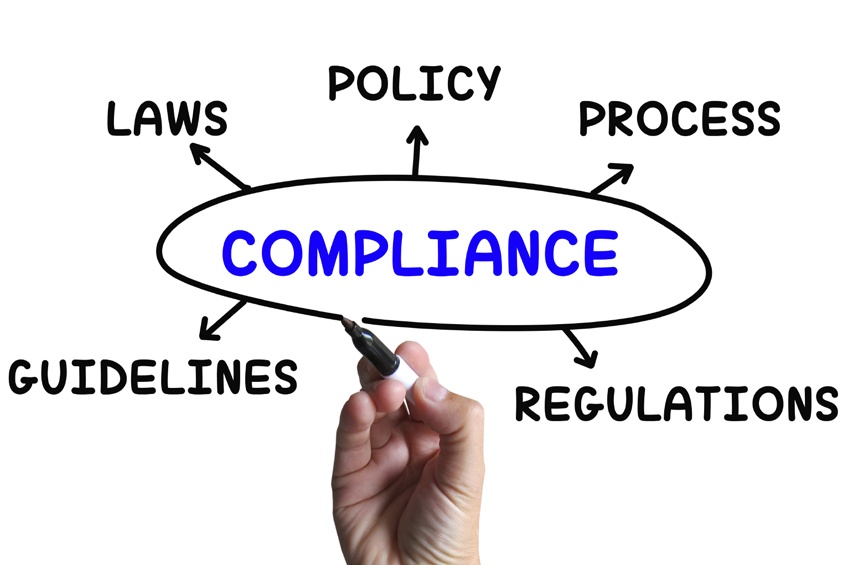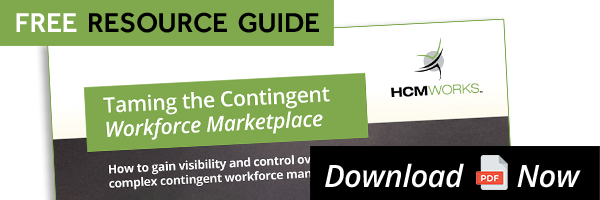Companies rely on their vendors to provide them with goods or services that allow them to run their businesses. Types of vendors include equipment manufacturers, suppliers, such as office supply stores, service providers, such as cleaning services, or companies that supply parts and materials. A company could work with dozens or even hundreds of different vendors.
Effectively managing your list of vendors is important for many reasons, such as reducing spend and ensuring that all processes go smoothly between the order and the payment. Vendor compliance is all about setting up requirements for the vendors your company deals with in an attempt to have perfect order and be able to resolve issues effectively and promptly if they arise.
The Need for Vendor Compliance
Without vendor compliance, companies have few avenues to take if something goes wrong, such as a price increase, a late delivery, or a dissatisfactory product. Other than demanding improvements or severing the relationship and absorbing the hidden and direct costs, they have no recourse for non-compliance.
A fully developed vendor compliance policy, on the other hand, can help your company avoid myriad problems, including improper PO numbers, wrong products sent, product substitution without approval, incorrect labels, improperly packaged merchandise, mixed POs, mixed SKUs, incomplete bill of landing, late deliveries, damage, nonstandard pallets, and much more. All of these issues will cause issues that will resonate within your entire organization, and in the end, hurt your customer service and affect your bottom line.
An Often Overlooked yet Effective Document
Of all of the strategies used by companies to reduce costs, vendor compliance is often overlooked or underdeveloped. A formal, well-defined policy used with every vendor can reduce wasted time, lower warehouse, freight, and delivery costs, increase speed and accuracy, and lead to better customer service and higher customer satisfaction. A policy will also allow for the implementation of advanced supply chain systems, just-in-time inventory, RFID systems, source marketing and ticketing, and ASNs, all of which create greater efficiencies. Additionally, an effective vendor compliance program will avoid pitfalls and reduce the time spent on vendor chargebacks, claims, and disputes, leading to better managed vendor relationships.
What to Include in a Vendor Compliance Policy
This compliance document is used to spell out your company’s requirements, expectations, and penalties regarding cost of backorders, service standards, delivery dates, product condition upon delivery, product quality according to specifications, product packaging and label marking, supply chain system requirements, such as electronic POs, master and inner pack sizes, paperwork requirements, direct-to-store or drop-ship requirements, customer returns and credits, and much more.
In particular, your policy should include clauses for your areas of greatest concern or areas where you see the biggest challenges. For example, you can include expectations and requirements for on-time delivery to reduce backorders or for inbound routing guides to reduce transportation costs.
To promote compliance, you must also develop a chargeback schedule to penalize the vendors that do not follow the procedures. The chargebacks could be based on manpower per hour or cost per infraction. However, you shouldn’t consider this as a profit center for your organization. Rather, you should stress to your vendors that you would rather see compliance with your policy than have the charges that are levied.
In writing your document, ensure that you are clear, concise, and precise in order to remove ambiguities and misunderstandings.
Why Compliance Is Important
Vendor management is vital to today’s need for cost control and efficiency in supply chains that are getting longer and faster than ever: it’s an economic must. A well-planned vendor compliance program that states consistent goals and parameters can help you standardize internal procedures and achieve significant savings and efficiencies that will give you an edge over your competition and increase your profits. Make your vendors accountable for their products, service, and errors—it’s critical to the success of your business.



